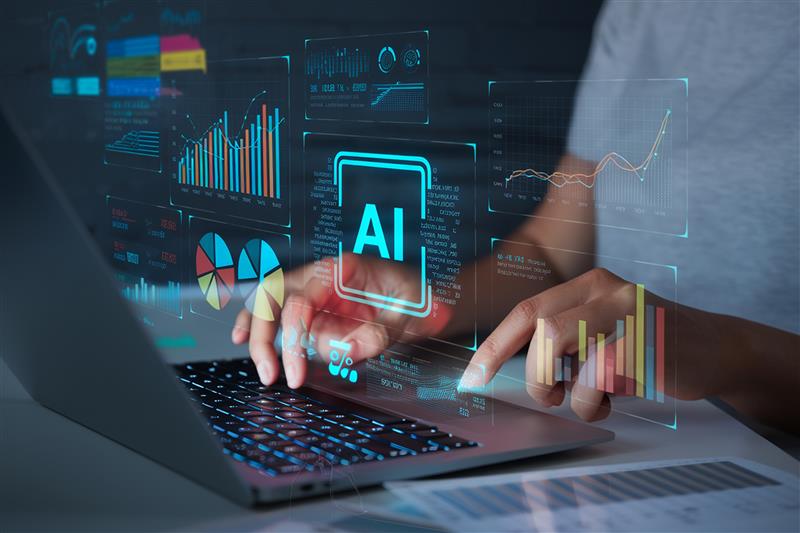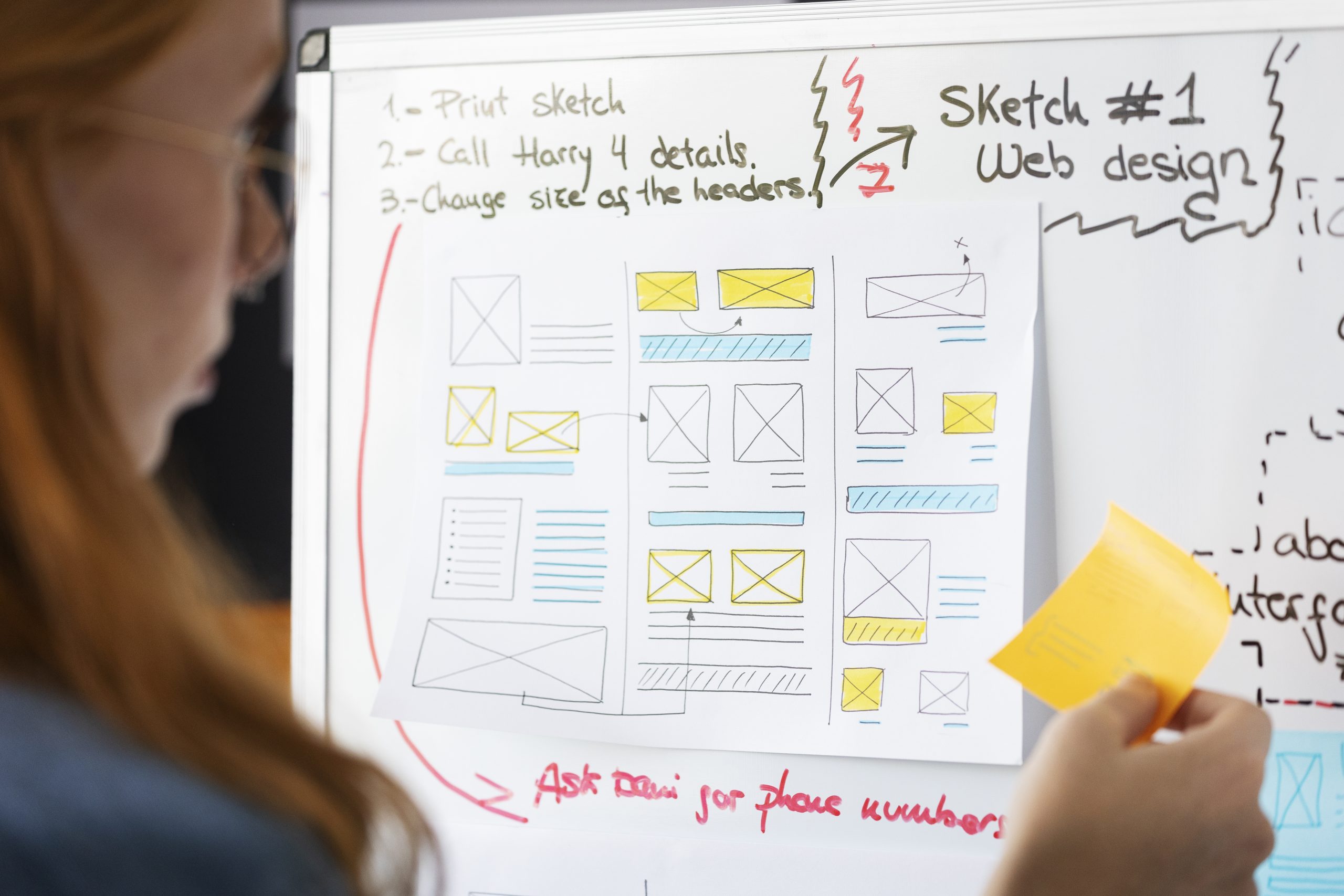Have you ever wondered which system will drive your business to success?
Is it the MIS, with its ability to organize and report data; or the ERP, the automation and planning tool that every business seems to want?
MIS – Management Information System
MIS is the data custodian. With a single centralized database, it prioritizes tasks and supports managerial decisions with efficiency and accountability, keeping your company agile and competitive.
The advantages of a Management Information System include:
- Single database: Centralizes information from different departments.
- Ability to prioritize tasks: Aids in organizing activities and goals.
- Improvement in decision-making process: Provides reliable data for decision support.
- High accountability: Increases transparency and accountability.
- Absence of paperwork: Reduces the need for physical documents, simplifying processes.
- Understanding the financial situation: Helps to understand the company’s financial conditions.
- Maintaining competitiveness: Offers insights that help the company stay ahead of the competition.
However, the disadvantages of systems like MIS can include implementation costs, the need for user training, and possible resistance to change by employees. Furthermore, poorly configured systems can lead to inaccurate or outdated information that affects the decision-making process.
ERP – Enterprise Resource Planning
In contrast, ERP orchestrates complex business processes, improving efficiency, data security, and supply chain management, scaling with your business growth, and enhancing customer service.
The advantages of an Enterprise Resource Planning system include:
- Facilitated reporting: Enhances the ability to generate reports and analyses.
- Increased efficiency: Optimizes business processes, reducing redundancies.
- Data security: Keeps information secure and centralized.
- Improved workflows: Coordinates operations across different departments.
- Enhanced supply chain management: Provides visibility and control over the supply chain.
- Increased scalability: Adapts to growth and changes in the business.
- Customer service: Improves customer service through more efficient processes.
The disadvantages often include a high implementation cost, complexity in integration with other systems, the need for extensive user training, and the potential for business interruptions during the transition phase to the new system. Furthermore, ERPs may be less flexible to specific business needs without additional customization.
Strategic Convergence: The combined power of MIS and ERP
The synergy between MIS and ERP is vital for contemporary business success. MIS is crucial for collecting, processing, and reporting data, underpinning solid and effective strategic decisions. Meanwhile, ERP automates and integrates critical processes, driving operational efficiency and scalable growth. Both are key pieces on the corporate chessboard, where MIS provides intelligence and ERP executes with precision. Together, they play a pivotal role in keeping companies agile, informed, and ready to meet the challenges of today’s dynamic market.
At Tinnova, we create tailored solutions that leverage the capabilities of both MIS and ERP, ensuring that you have the best of both worlds. Begin your digital transformation journey and keep your company at the forefront with our customized solutions.





